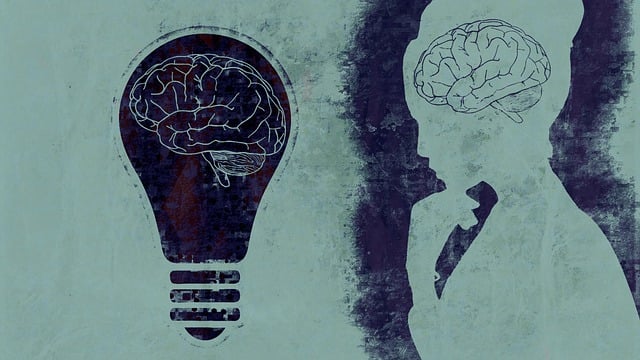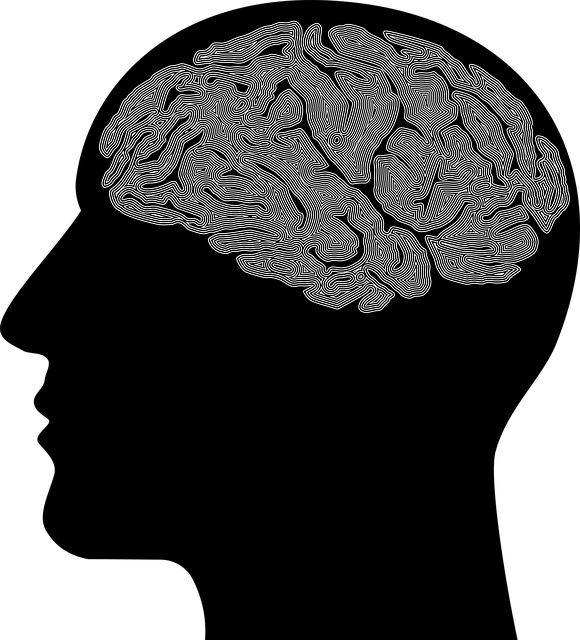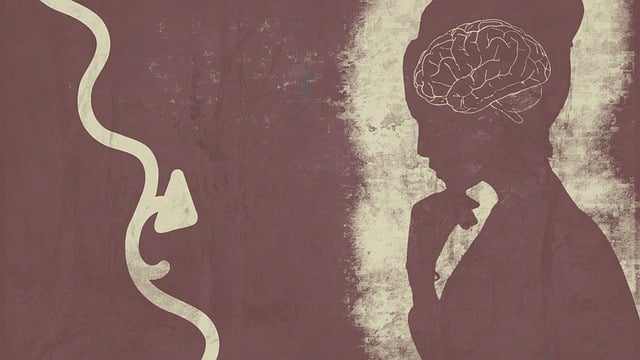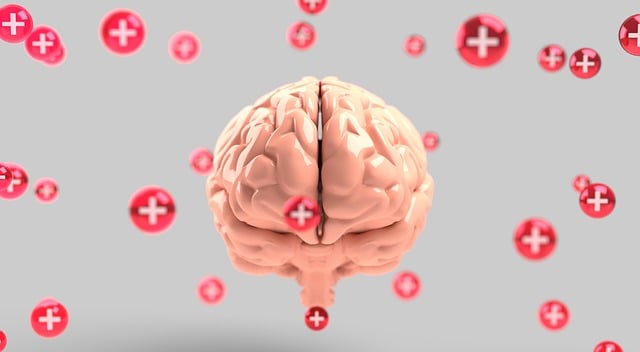Childhood trauma can severely disrupt mood regulation, leading to chronic mental health issues. Littleton Child Abuse Therapy (LCAT) employs a comprehensive approach, focusing on risk assessment, supportive environments, and effective communication to help clients process trauma. They offer specialized techniques like Inner Strength Development and intensive mental wellness interventions to build resilience and adaptive coping skills. LCAT's strategies, including mindfulness practices and cognitive behavioral therapy, empower individuals to manage emotions, reduce stress, and maintain long-term mood stability. Self-care routines, such as journaling and stress management workshops, are integral to this process.
Mood regulation strategies are essential tools for navigating life’s challenges, especially for those who have experienced childhood trauma. This article explores a comprehensive approach to emotional well-being, focusing on therapeutic methods offered by Littleton Child Abuse Therapy. We delve into understanding the impact of early traumatic experiences and provide practical strategies for enhancing mood management skills. Additionally, we discuss building resilience and coping mechanisms for long-term mood stability, offering valuable insights tailored to individuals seeking healing and growth.
- Understanding Mood Regulation: The Impact of Childhood Trauma
- Therapeutic Approaches for Emotional Well-being in Littleton Child Abuse Therapy
- Practical Strategies to Enhance Mood Management Skills
- Building Resilience and Coping Mechanisms for Long-term Mood Stability
Understanding Mood Regulation: The Impact of Childhood Trauma

Understanding Mood Regulation: The Impact of Childhood Trauma
Mood regulation is a complex process that involves managing and maintaining emotional balance. For individuals who have experienced childhood trauma, such as those seeking Littleton Child Abuse Therapy, this process can be particularly challenging. Childhood trauma can disrupt the development of healthy coping mechanisms and stress response systems, making it difficult to regulate emotions effectively in adulthood. The impact of trauma extends beyond immediate reactions; it can manifest as chronic mental health issues like anxiety, depression, or post-traumatic stress disorder (PTSD), emphasizing the need for specialized support and therapy.
Risk Assessment for Mental Health Professionals plays a crucial role in identifying individuals at risk due to past traumatic experiences. By integrating Burnout Prevention Strategies for Healthcare Providers, therapists can create a supportive environment that encourages open communication. Effective Communication Strategies are vital for building trust, fostering understanding, and promoting healing. Through these approaches, professionals can assist clients in processing trauma, developing adaptive coping skills, and ultimately improving their ability to regulate moods and enhance overall well-being.
Therapeutic Approaches for Emotional Well-being in Littleton Child Abuse Therapy

In Littleton Child Abuse Therapy, various therapeutic approaches are employed to foster emotional well-being and support individuals who have experienced trauma. One key strategy is Inner Strength Development, which focuses on empowering clients to recognize and harness their inherent resilience. Through specialized techniques, therapists help individuals build a strong sense of self-worth and confidence, enabling them to navigate challenging situations with greater ease.
The process involves intensive Mental Wellness interventions designed to help clients understand and manage their emotions effectively. By teaching coping skills development, therapists equip individuals with practical tools to deal with stress, anxiety, and other emotional challenges. This holistic approach not only addresses the immediate needs of survivors but also equips them with long-lasting strategies for maintaining mental wellness in the face of adversity.
Practical Strategies to Enhance Mood Management Skills

Managing one’s mood effectively is a valuable skill that can significantly impact overall well-being and quality of life. For individuals who have experienced trauma or challenges like Littleton Child Abuse Therapy, developing robust mood regulation strategies becomes even more critical. Fortunately, there are practical approaches to enhance these skills, fostering better mental resilience and emotional stability.
One such strategy is incorporating mindfulness practices into daily routines. Taking time for mindful breathing exercises, meditation, or engaging in nature walks can help individuals process their emotions, reduce stress, and gain a sense of calm. Additionally, therapy sessions that focus on cognitive behavioral techniques teach individuals to identify and challenge negative thought patterns, replacing them with more positive and realistic perspectives. Building resilience through these methods allows people to navigate life’s challenges more effectively, ensuring they maintain emotional balance even in stressful situations.
Building Resilience and Coping Mechanisms for Long-term Mood Stability

Building resilience is a cornerstone of long-term mood stability, especially for individuals who have experienced trauma such as Littleton Child Abuse Therapy clients. By developing effective coping mechanisms, one can navigate life’s challenges with greater ease. This process involves recognizing and understanding personal triggers, learning healthy ways to express emotions, and cultivating a mindset that fosters adaptability.
Self-Care Routine Development for Better Mental Health plays a significant role in this journey. Incorporating regular practices like Mental Wellness Journaling Exercise Guidance can help individuals process their feelings, track moods, and identify patterns. Additionally, participating in Stress Management Workshops Organization can equip them with practical tools to manage stress, anxiety, and potential relapse triggers. These strategies not only promote mental wellness but also empower individuals to take proactive steps towards maintaining emotional balance.
Mood regulation is a vital skill, especially for those who have experienced childhood trauma. The therapeutic approaches offered by Littleton Child Abuse Therapy emphasize the importance of understanding and managing emotions effectively. By combining evidence-based strategies with practical techniques, individuals can build resilience and develop healthy coping mechanisms. This holistic approach to mood stability enables people to navigate life’s challenges more adaptively, fostering long-term emotional well-being.














